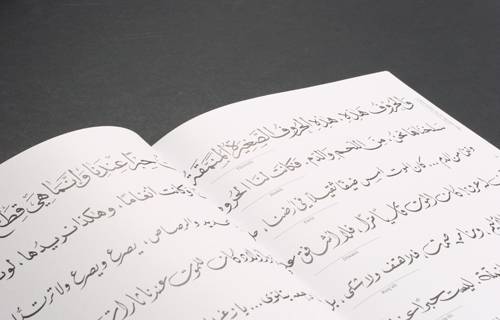What’s The History Behind South Lebanon’s Olive Trees?
For those who don’t know, Lebanon is home to some of the oldest olive trees in the world. Native to the region, olive trees hold great historical significance and are a means to reconnect with our ancestors who planted them.
According to The BAAL Project, a family run initiative that is supporting Lebanese olive oil production, olive cultivation in Lebanon dates all the way back to 1600 B.C., and its produce was later introduced to countries across the Mediterranean from Tyre of Phoenicia.
Known for being extremely abundant and of high quality, the olive oil crossed Mediterranean borders and became representative of great ancestral history that ties the region together, particularly Lebanon and Palestine, and its importance has not wavered to this day. Reuters journalist Riham Alkoussa cited that “olive output covers more than 20% of farmland in Lebanon and provides income for more than 110,000 farmers and growers, accounting for 7% of agricultural GDP”.
Did you know that the Lebanese olive oil brand Darmmess, which is based out of South Lebanon’s Deir Mimas, was voted the best olive oil in the world in 2023?
The brand prides itself on its olive cultivation and production, all from the vast oil fields of Deir Mimas. Dubbed the “Bordeaux of Lebanese olive oils”, Darmmess is only an example of the richness that lies within the olive groves of South Lebanon.
Like Lebanese farmers in South Lebanon, Palestinians relied on olive output as major sources of income. Following the Nakba in 1948, the olive tree became a symbol of rootedness and resistance against apartheid, and so the fight for Palestinian liberation finds itself rooted in the olive trees that are planted across the region, from Palestine and beyond, holding together the ancient ties that unite the people of the region.
“If the olive trees knew the hands that planted them, their oil would become tears” – Mahmoud Darwish
The words of Palestinian poet Mahmoud Darwish illustrate the intimate connection between the olive trees, the land, and its people.
The apartheid state has continuously targeted Lebanon’s southern border and caused significant devastation as over 130 fires were ignited across the farmlands. Lebanese crop has suffered a major blow, as the now torched farmlands are no longer suitable for cultivating crops.
Caretaker Minister of Agriculture Abbas Hajj Hassan reported that over 40,000 olive trees were destroyed in South Lebanon, in addition to over 462 hectares of forests and fruit trees. Not only have many families lost their source of income but Lebanon lost an important portion of its ancestral heritage.
Main image by Joseph Eid/AFP.




